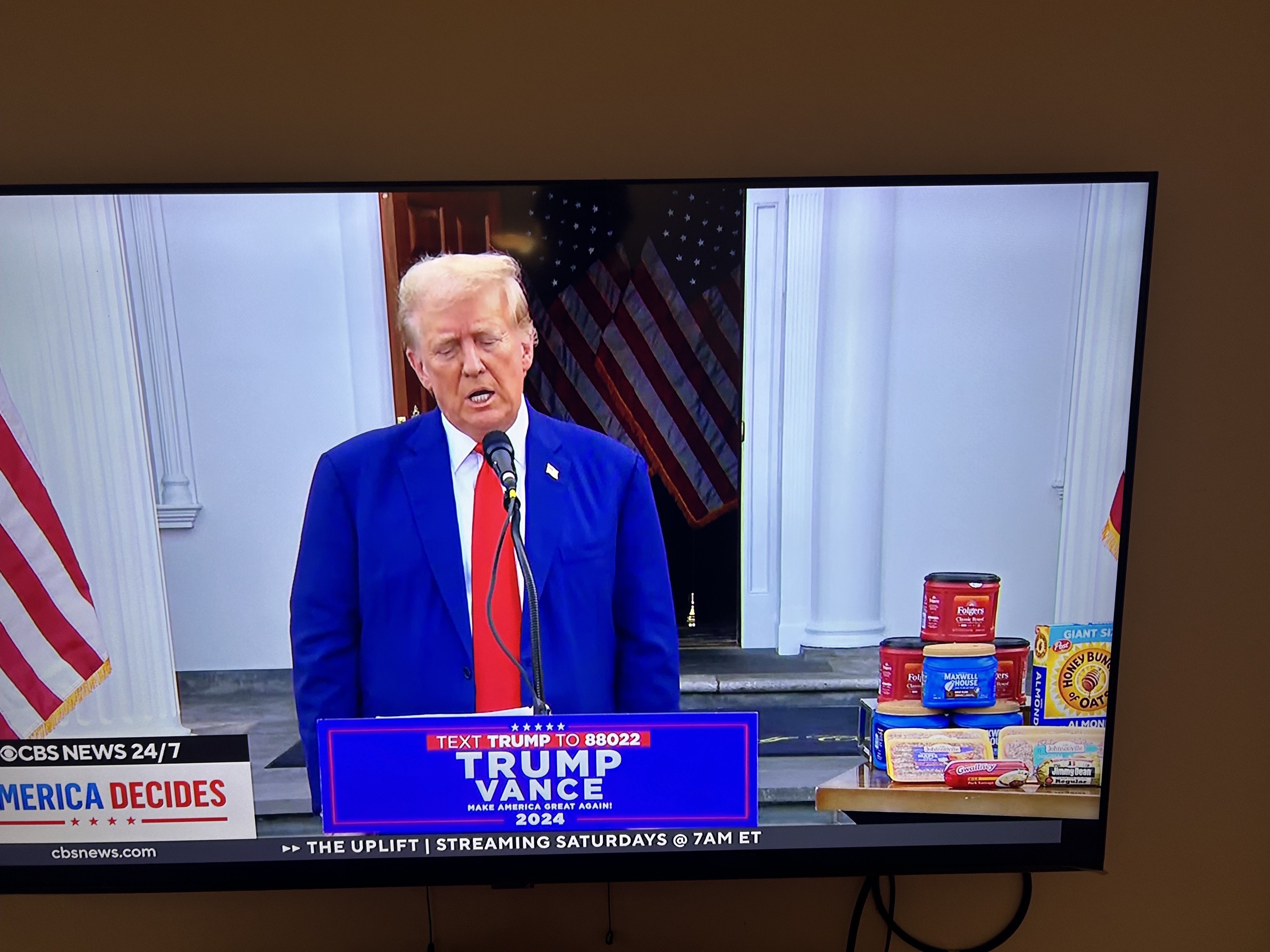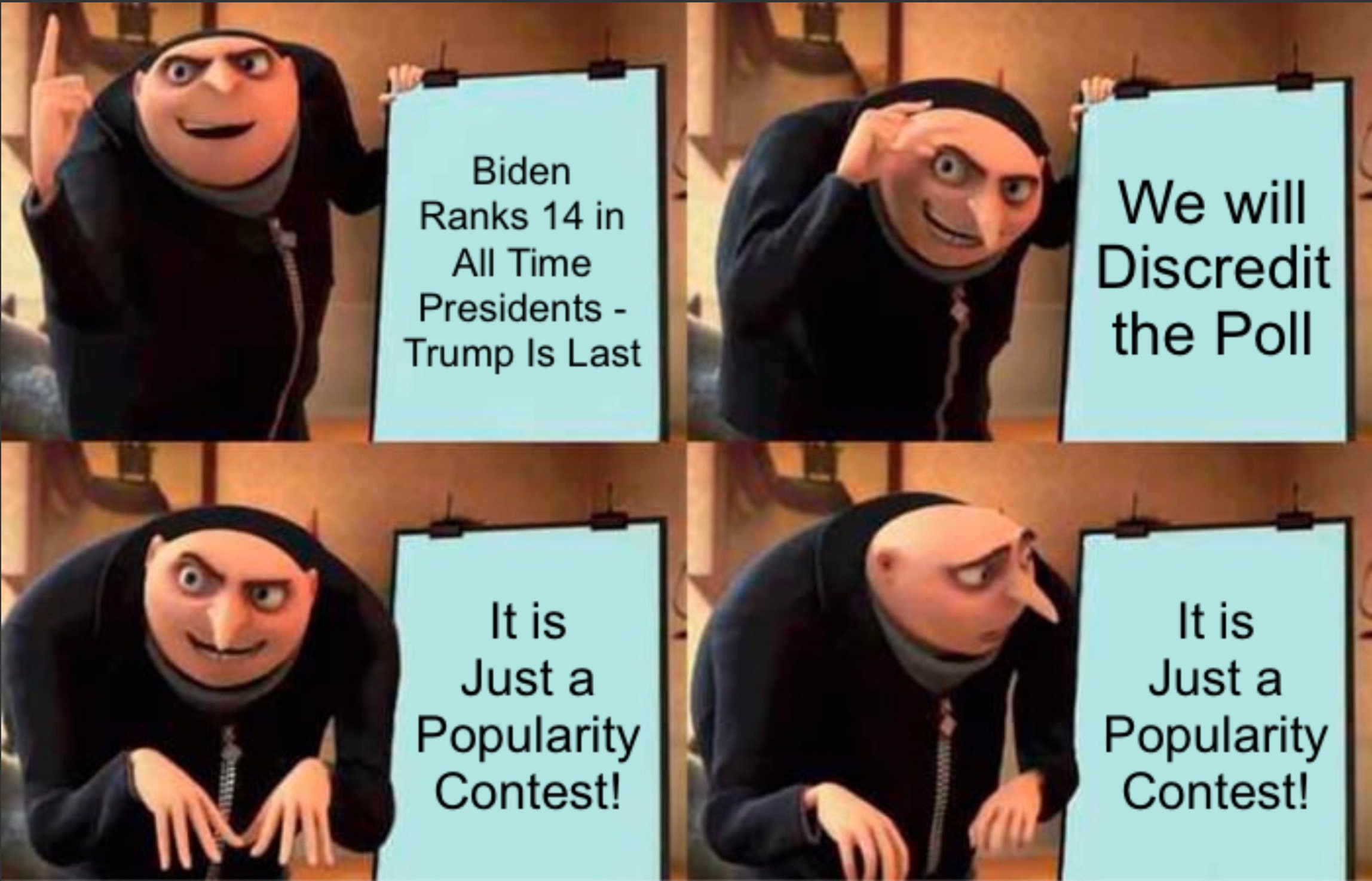That’s not what he is saying. George Will isn’t trying to help Trump and the MAGAts, he wants to hurt them actually.
However, that doesn’t mean he wants AOC leading a committee in congress.
He doesn’t want Elizabeth Warren influencing policy.
If Republicans that are sympathetic to Lincoln Project or Bullwark get discouraged and stay home, all the down ballot Republicans will be destroyed.




That’s what they said last time.
At this point the majority has moved so far right they are beyond conservative and well into autocratic and flirting with authoritarian.
That is to say there may be conservatives who are willing to blow the whistle to try to keep this stink off of themselves.